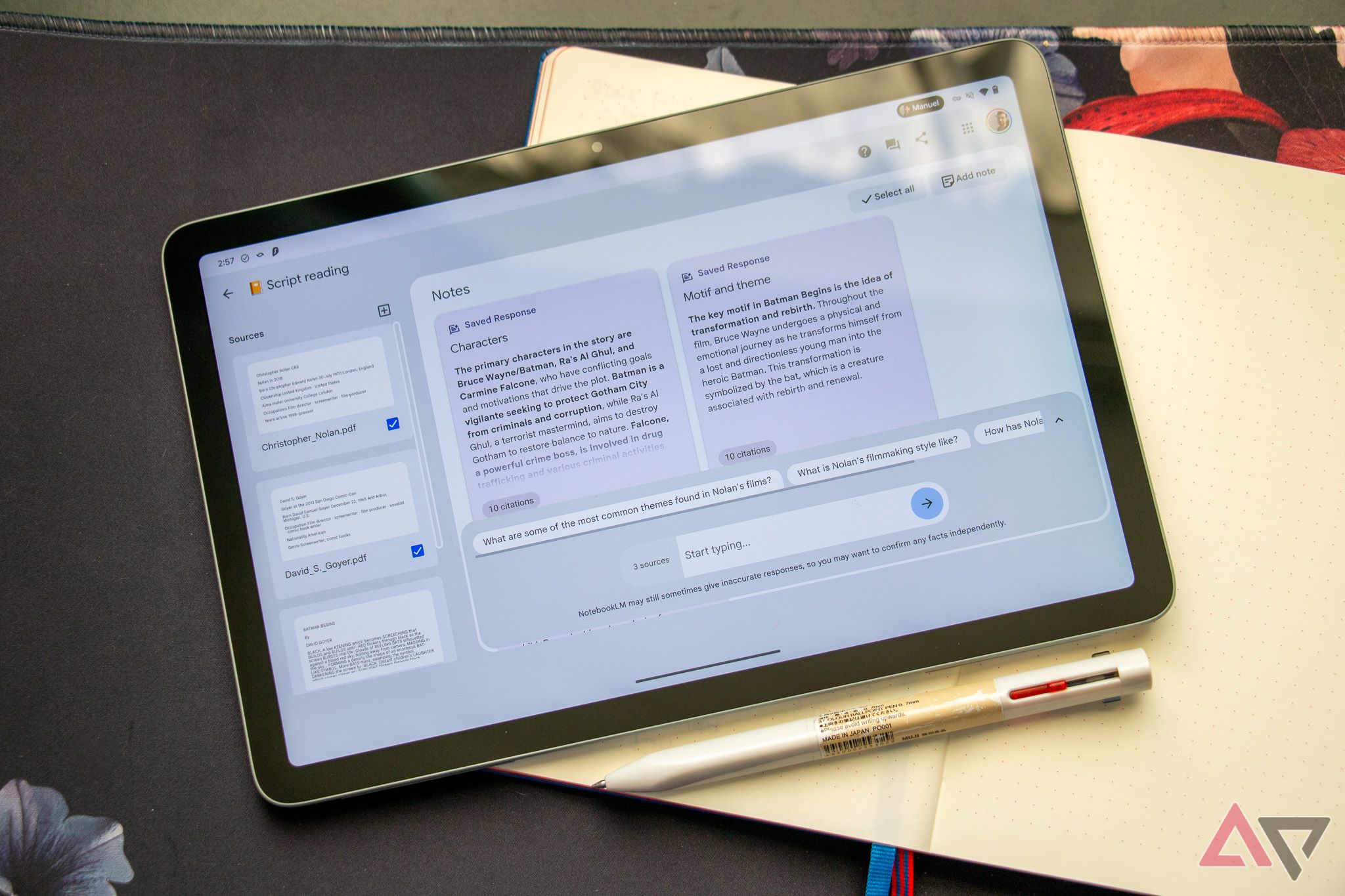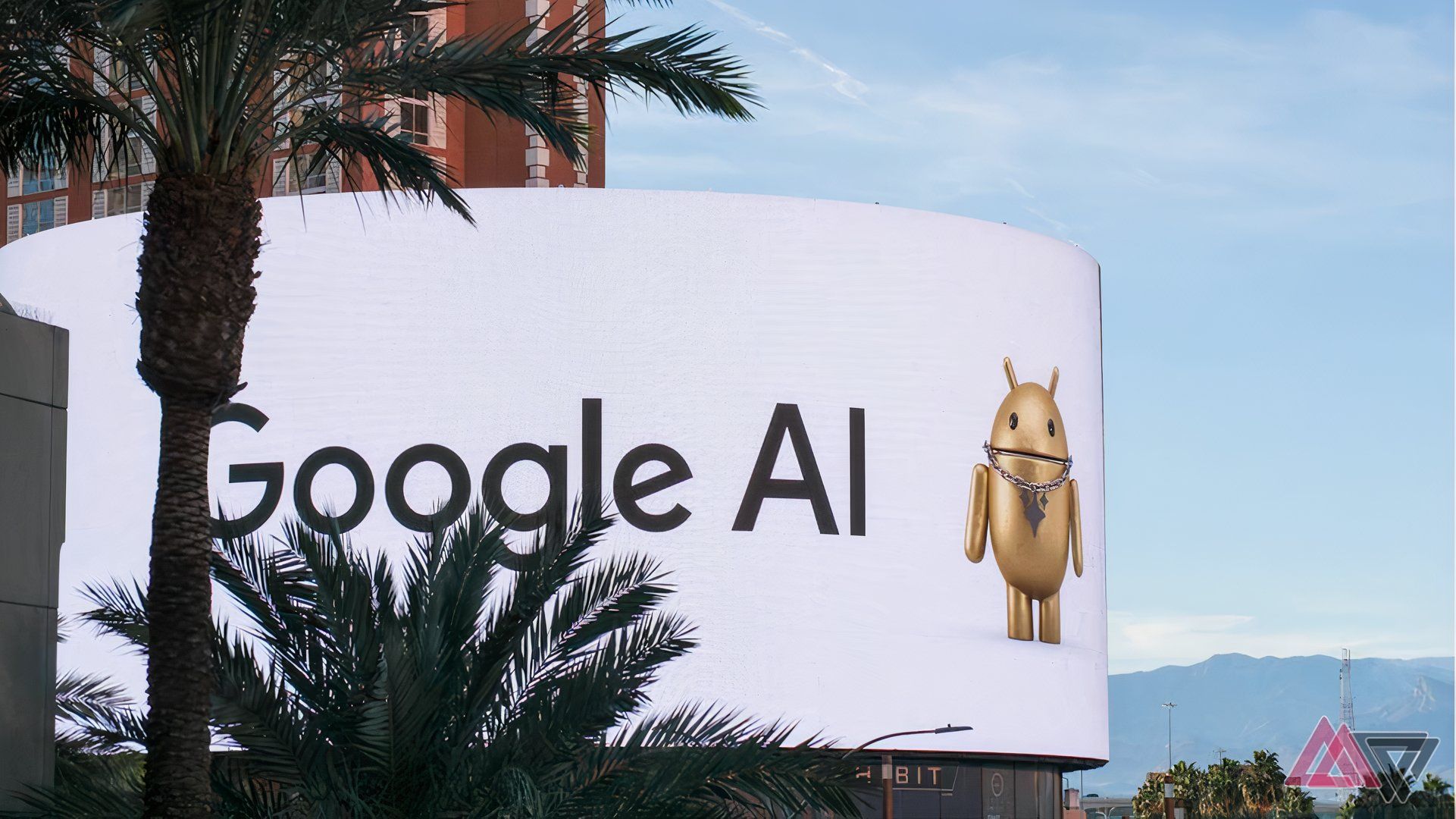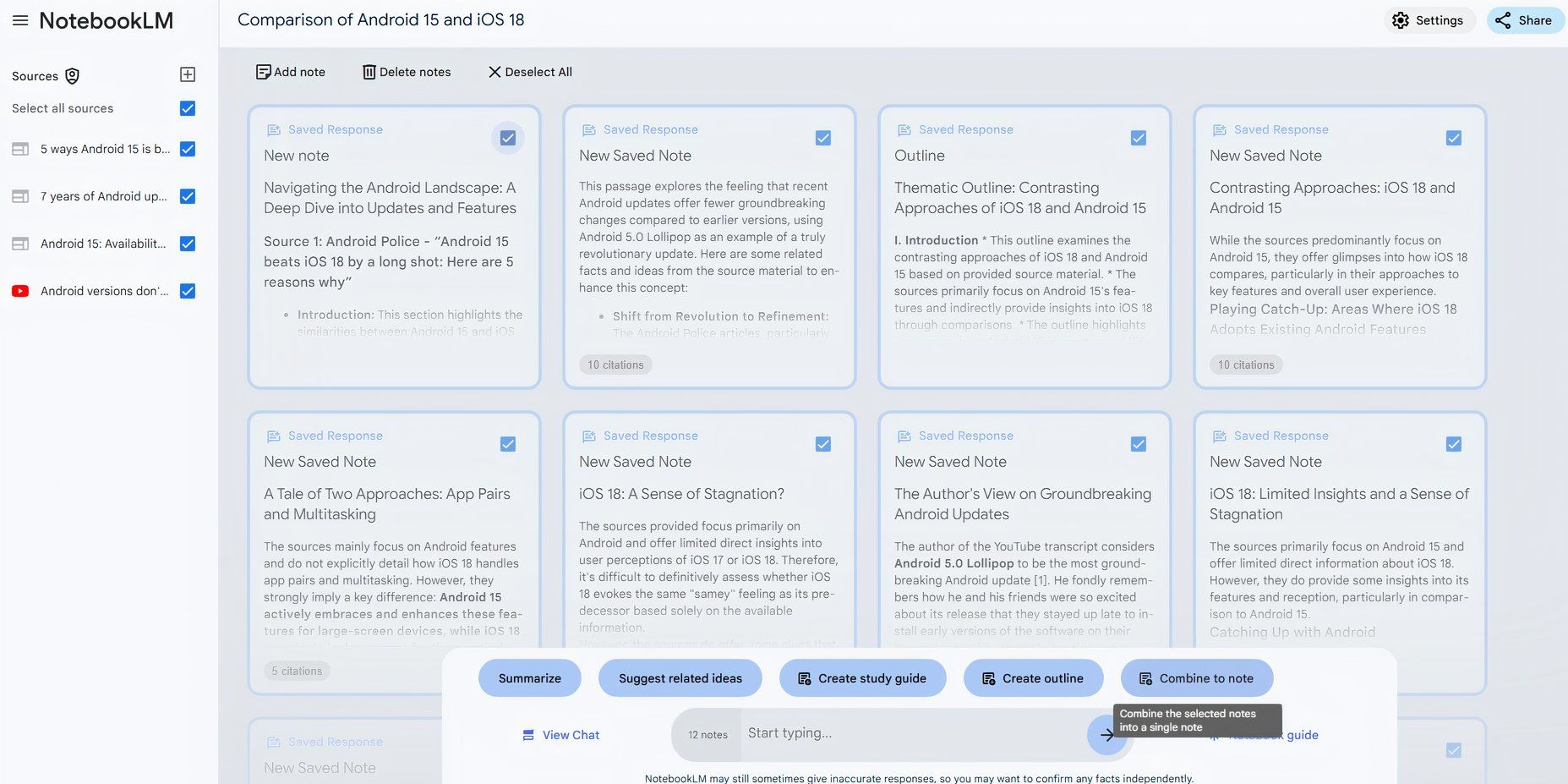Google’s AI-powered NotebookLM has fully arrived. It was unveiled at I/O 2023 and then demoed to oohs and ahs at the 2024 event. NotebookLM removed its experimental label in mid-October, signaling its readiness for prime time. That’s especially noteworthy given Google’s history of showcasing intriguing concepts at I/O that never materialize.
Although I don’t want to take away from Google’s excellent work towards advancing tech with projects such as Gemini and its Google Pixel series, there have been false starts. Remember the magical fence-removing photo editor, the ambitious plan for modular smartphones with interchangeable components, and this year’s Project Astra demo featuring the Google Glass comeback? While these tantalizing demos often fade into the realm of vaporware, this time is different. Here’s why.
Audio Overviews turn bland information into entertaining podcasts
Imagine this: Instead of slogging through dense research papers or lengthy reports, you upload your documents to NotebookLM and kick back with a cup of coffee. Within minutes, you’re listening to a captivating podcast where two AI “hosts” have a dynamic and engaging discussion about the material. They dissect complex concepts, highlight key findings, and debate different perspectives while maintaining a surprisingly natural cadence.
This is the magic of NotebookLM’s Audio Overviews. It isn’t only about summarizing information. It’s about bringing it to life. The AI hosts don’t regurgitate the facts in your documents. They have thoughtful discussions, ask insightful questions, and even throw a little humor into the mix.
Audio Overviews still aren’t perfect
I created a Notebook with four sources from Android Police, including three articles and a YouTube video, one on Android 15, and one with a comparison to iOS 18. I injected my prompts, such as “Compare and contrast the scope of updates in Android 15 versus iOS 18.” I also used some of the suggested prompts to create individual notes in my notebook. I ended up with 14 notes and one outline in my notebook before I triggered the creation of my first Audio Overview.
The output was good but not exactly what I wanted. The first podcast it created focused almost exclusively on Android 15 and didn’t put enough emphasis on comparisons to iOS 18. This was likely because three of my four source documents discussed Android 15, while only one dove into comparing the operating systems.
After downloading my first podcast, I had to delete it before NotebookLM would allow me to create a new one. After some probing, Gemini informed me that I needed to create a new Notebook before creating a new Audio Overview. That isn’t an elegant solution. You’ll find other minor annoyances throughout the UI, which could use some iteration.
I added a new source article about iOS 18 to create a more balanced output. I then used the Customize function to redo the podcast with a prompt for more emphasis on comparison. The second podcast was more on-target with what I wanted. In other words, NotebookLM’s Audio Overviews output is only as good as the sources you input. If the sources in a comparison are not balanced, your output will not be balanced.

Related
I tested NotebookLM and saw the promise of something great
NotebookLM has a lot of issues, but the idea behind it has potential
A personal research assistant powered by your data
NotebookLM is like a personal research assistant. It synthesizes information from your documents, answers your questions, and collaborates with you to explore ideas and solutions. Unlike AI chatbot tools that gather information from the internet, NotebookLM leverages your data.
NotebookLM is compatible with a range of file types, making it a versatile tool for analyzing and synthesizing information. You can import Google Docs and Slides, upload PDFs, and analyze plain text or Markdown files. Beyond these core file types, NotebookLM extends its capabilities to web pages, YouTube videos, and audio files. This broad support allows you to bring together diverse information sources. However, there are limitations. Spreadsheet files are not currently supported, file sizes are limited to 500,000 words or 200MB, and each Notebook is capped at 50 sources.
Your uploaded documents allow NotebookLM to achieve a deeper understanding and customized analysis than is possible with generalized AI tools. It isn’t only about the depth of analysis. NotebookLM provides a superior, albeit imperfect, UI for organizing and interacting with a body of related information. While Gemini has a traditional chat-style interface, NotebookLM provides a visually rich workspace reminiscent of physical notebooks. You can organize your source materials, highlight key passages, and jot down thoughts alongside the AI’s insights.
Google announced NotebookLM Business in October, a paid version with enhanced features for businesses and universities. NotebookLM Business is in a limited-release pilot and promises Workspace integrations that aren’t available in the current free version. While we see the benefits of NotebookLM for business, professional research, and study, its potential implications go further.
Beyond research papers and homework
NotebookLM’s ability to ingest, process, and analyze complex information and then transform it into insightful and entertaining content hints at its vast potential. Forget research papers and homework. This could foreshadow how we consume all information in the future. With NotebookLM integrated into Chrome, every web page could be transformed into a captivating audio experience.
Today, Google provides AI summaries of search results. Tomorrow, the NotebookLM engine might create engaging podcasts to answer your queries. Instead of consuming lots of content to grasp a topic, a single NotebookLM Audio Overview could cover the same ground with a more holistic perspective.
Collaboration could also be revolutionized by sharing notebooks that aggregate and crystallize ideas between friends, family, and co-workers. As its storage and retention capability grows, NotebookLM could remember your lifelong medical history and anticipate your health needs.

Related
How to turn off Google’s AI Overview feature
There is no direct way, but you can use these workarounds to get rid of AI Overviews from search results
The future of content?
NotebookLM has emerged from its experimental phase with compelling capabilities, particularly its Audio Overviews. While it has limitations, its ability to transform information into dynamic, engaging content hints at a future where content consumption, learning, and collaboration become easier, faster, and more enjoyable.
Imagine a world where complex research, daily news, and personal histories are effortlessly organized, shared, and consumed through AI-powered podcasts and note-taking apps with AI tools. This is the promise of NotebookLM. Unlike past I/O demos, it feels like Google may deliver on NotebookLM’s potential in a way that could reshape how we interact with information in the future.








